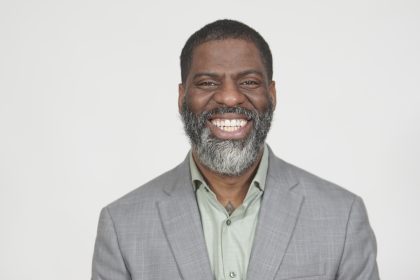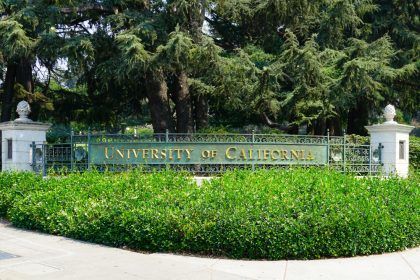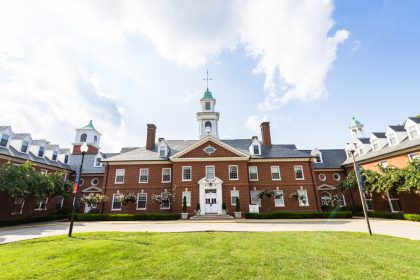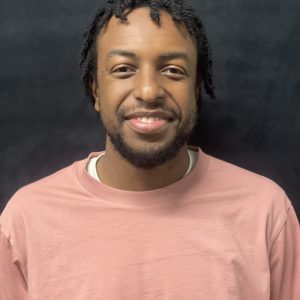Phyllis Worthy Dawkins is paying it forward. After years of experience in leadership at various higher learning institutions, particularly at HBCUs, she is now the program lead for the Executive Leadership Institute at Clark Atlanta University. The ELI program was designed to help train current and aspiring HBCU Presidents to put them in better positions to lead their schools.
During a recent interview with rolling out, Dawkins discussed the program and the current state of Black female college administrators.
What is ELI at Clark Atlanta University?
The Executive Leadership Institute was started back in 2019. It started with a planning grant from the Rich Foundation, under the leadership of Louis Sullivan, Johnny Parham and then-CAU President Ronald Johnson.
Now, we are supported by our current president, George T. French Jr., and we’re also supported by the Council of HBCU Past Presidents. Several presidents — over 20 of them — reside in Atlanta. So, they have had this initiative to start supporting HBCU presidents for several years. Now, we also have an advisory board of about 11 people who support this initiative as well.
Why are HBCU presidents so important?
We have a struggle. We started primarily after the Civil War ended in 1865, and we started with meager resources. Yet, here we are today; we still exist. In 1865, we started with over 140 HBCUs. We’re down to 102 accredited, and three more are seeking reaffirmation of accreditation.
We have to survive and thrive with the meager resources that we have. That’s not the way we want to survive because it puts a lot of stress on presidents coming in. Quite often, they walk into accreditation problems and financial problems. This is when the ego[s] of the president and the board [have] to dissipate … in the interest of maintaining or sustaining that institution for the future. So despite these resources, we still have the majority of judges and lawyers and STEM people coming from HBCUs.
What did you think of Claudine Gay, the former president of Harvard University, being pushed out of office after a few months?
I’m trying to not say it was racism, but some of it is. It just makes me want to call it the way it is. She’s a Black female.
Just like many of us who work at majority-White institutions, we have to be perfect to serve in our leadership roles. So, they went after her. OK, and here we are today with the first Black female president at an Ivy League school who only lasted six months in her role.
We want to support President Gay, and we’re going to be inviting her into the HBCU world.
What was your reaction to Lincoln University Vice President Antoinette “Bonnie” Candia-Bailey’s tragic death after she claimed she felt bullied by the school president?
We want to look at more about mental health and how we can support leaders who are going through challenging times. I can’t speak for Lincoln University, but I can say that we need to address the issue regarding mental health at HBCUs, Black families and in leadership roles as well.
If you or a loved one are experiencing suicidal thoughts, please call the National Suicide Crisis Lifeline at 988 or text 741-741.

















